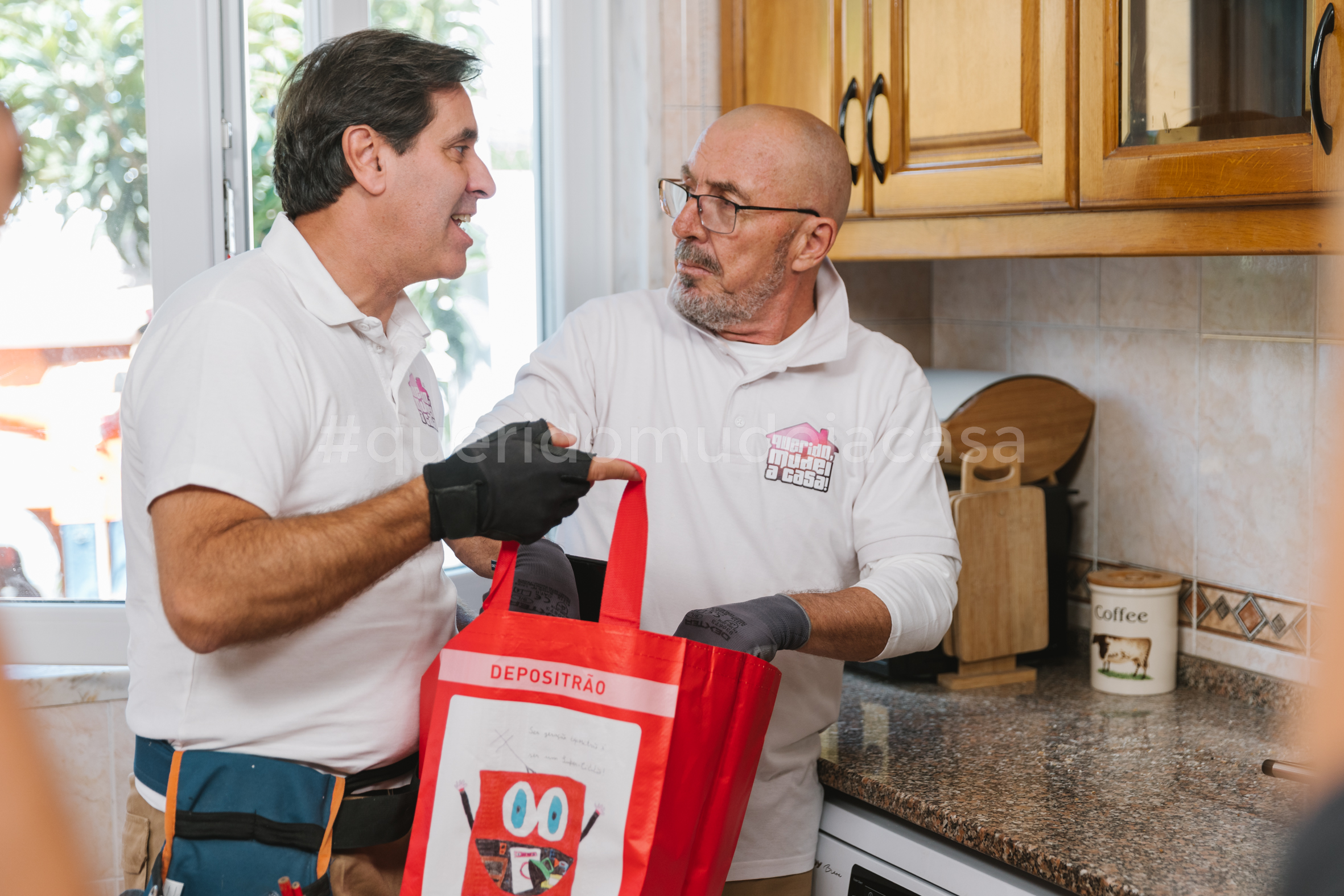ERP welcomes new circular economy framework
European Union paves the way for a stronger and more competitive circular economy
Waste package officially adopted by Parliament promises higher recycling targets and a more level playing field for the waste market.
The European Parliament has given the green light to redefine Europe’s waste market. At the plenary session on 18th April, parliamentarians voted to amend six legislative acts, most notably the Waste Framework Directive. European Recycling Platform (ERP), the only pan-European producer responsibility organisation (PRO), welcomes the outcome of the vote. By setting higher recycling targets and enhancing competition, the new framework can bring substantial benefits for both the environment and consumers.
“The waste package is an important step towards a strong and competitive circular economy,” said Umberto Raiteri, CEO of ERP. It will increase the uptake and recycling of important waste streams like packaging waste, e-waste and waste batteries and will help to phase out environmentally harmful practices like incineration and landfill. “We especially welcome the agreement to clearly define the roles and responsibilities of all relevant stakeholders and the strong commitment to the principle of extended producer responsibility,” added Raiteri.
By strengthening extended producer responsibility, the package will stimulate competition and promote innovation and cost-efficiency in the waste market. General minimum requirements for PROs will create a level playing field and including distance sellers in the scope will combat free-riding. Moreover, applying the principle of extended producer responsibility – which is already successfully implemented for e-waste and waste batteries – to packaging waste from 2025 onwards, at the latest, in all Member States will create a more harmonized approach for producers.
However, the new rules still lack a clear definition of the set of “organisational responsibilities” for producers which may result in different interpretations when it comes to national transposition. ERP is concerned that Member States may still impose rules according to which producers are bound to a specific PRO. “In order to create a truly competitive and cost-efficient market, producers should be able to choose from many competing PROs,” concluded Raiteri.
NOTÍCIAS & EVENTOS
Últimas notícias
Não se trata apenas de compliance, mas também de promover interação entre os diversos intervenientes na cadeia de valor.
A ERP Portugal partilha o seu conhecimento, a sua experiência e as novidades do setor para que, juntos, continuemos a colocar a sustentabilidade na agenda.
Eventos, Notícia
Abril 11th, 2024
No âmbito do 24º aniversário da Marina de Cascais, entre os dias 6 a 12 de agosto, a ERP Portugal
Notícia
Julho 17th, 2023
As várias tipologias de resíduos gerados pelo consumo da população requerem um encaminhamento e tratamento adequados, de modo a reduzir
Notícia
Julho 17th, 2023
A ERP Portugal e a Novo Verde, entidades gestoras de resíduos de embalagens e resíduos elétricos e eletrónicos, e pilhas


